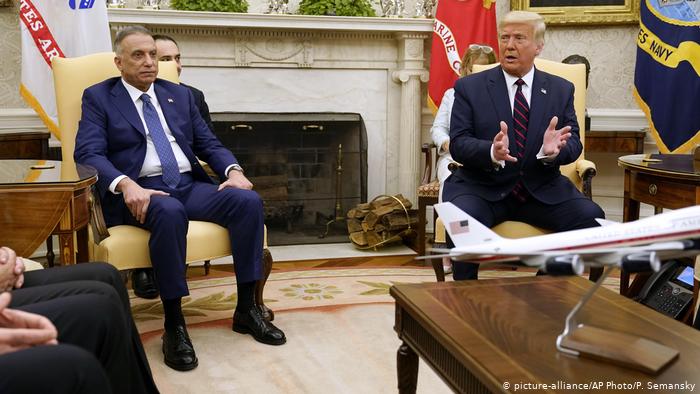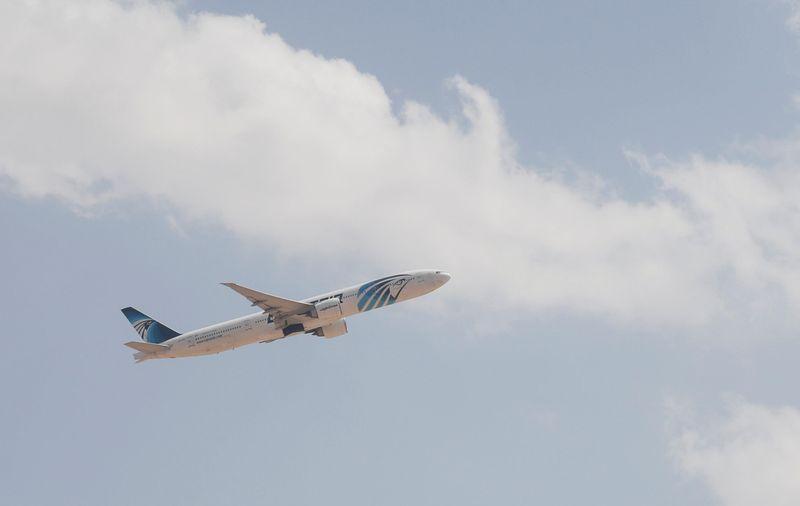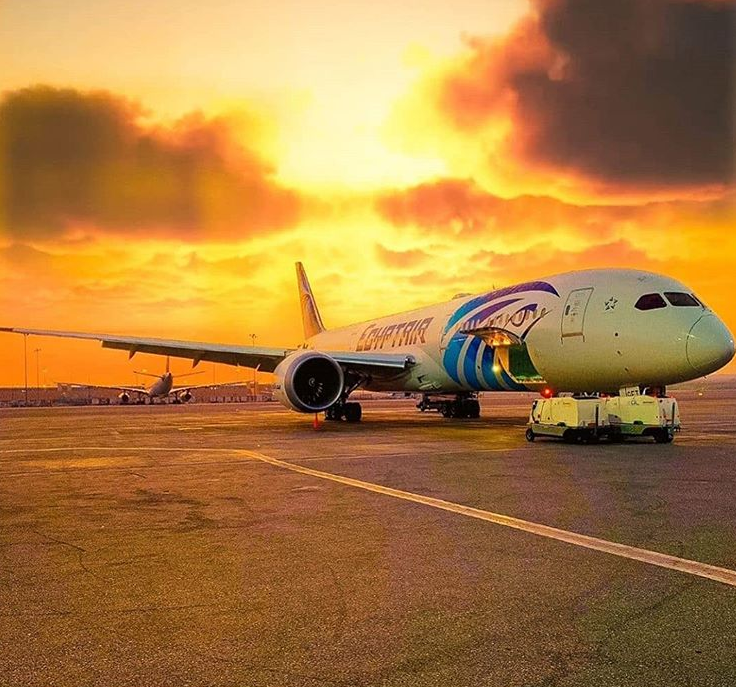
Iraqi Prime Minister Mustafa al-Kadhimi headed to Washington for the first time this week since taking office in May — the most high-profile stage of a “Strategic Dialogue” expected to re-calibrate US-Iraq relations. But as he left, the situation at home had become increasingly tense.
Prominent anti-government activists were gunned down by unknown assailants on three occasions in Basra this week, a jump that has alarmed human rights organizations. Attacks on US targets in the country, thought to be carried out by pro-Iran factions, intensified to an almost daily occurrence after the trip was announced. It comes as a lack of public services, corruption and economic and coronavirus crises feed into an overall feeling of anger and frustration.
So it continues. Another two prominent activists were shot by unknown gunmen in Basra today. Both in critical condition. Simultaneously, Kadhimi has relieved the head of the National Security Service and the Police Commander in Basra. But activists will remain vulnerable targets. pic.twitter.com/e1wAfAOBSJ
— Lahib Higel لهيب هيجل (@LahibHigel) August 17, 2020
“Kadhimi’s visit to Washington clearly angered the Iranian side and its factions in Iraq, as strengthening Iraq-US ties does not benefit them,” Iraqi journalist Azhar al-Rubaie told DW from Basra.
Among all the pressures he faces, balancing the influence of Iran and the US is crucial to whether al-Kadhimi, well-known to be close to the US, has the power to stay the course and stabilize the country.
A costly visit
The visit did yield a $200 million (€169 million) US aid package and the announcement of energy and finance contracts. But it could also prove politically costly for the PM, alienating him from powerful pro-Iran elements at home.
“[Iran has] massive equities in the country. It’s got the militias, it’s got networks of influence, it’s got politicians that it’s bought and paid for,” Toby Dodge, Research Director for Iraq at the London School of Economics, said. “What al-Kadhimi needs to do is keep some distance from Iran, but he can’t alienate them either.”
Many expected the withdrawal of some 5,000 US troops from Iraq to be top of the summit’s agenda but with nothing new announced, their continued presence may be a reprieve for al-Kadhimi.
He wants some level of those forces to stay to fight Islamic State (IS) and support him in reining in the country’s militias. Pro-Iran armed groups under the umbrella of the loosely government-controlled Popular Mobilization Forces (PMF), established to oust IS, want them out. Many of its members are linked to politicians in Iraq’s parliament, which voted in favor of a US withdrawal earlier this year.
Although US Secretary of State Mike Pompeo refused to discuss how a withdrawal might happen, President Donald Trump has often stated his desire to pull out. “We look forward to the day when we don’t have to be there,” he said Thursday.
“The tension is between Trump’s transactional, instrumental view that [he] doesn’t want to get entangled, and then Pompeo, who sees the fight against Iran as the most important issue in American foreign policy in the Middle East,” Dodge said.
But the future of US military presence in Iraq was never really up for discussion, according to Ramzy Mardini, an associate at the University of Chicago’s Pearson Institute. Instead, after US strikes in January killed Iranian and pro-Iran Iraqi commanders, the strategic dialogue was seen as way to deal with growing anti-American pressure in Iraq, Mardini said on Twitter.
Support in question ahead of elections
Having angered pro-Iran politicians and armed groups, al-Kadhimi now faces an uphill battle going into elections next year.
After a new electoral law designed to break the power of larger political blocs was passed late last year, he’s pushing for early polls.
“What he’ll try and do is build an electoral coalition which guarantees that he’ll come back into power after that,” Dodge said. “But I still think because of this Iranian hostility, because of suspicions that al-Kadhimi’s too pro-American, he’s going to find it difficult to get another term in office after those elections.”
There’s been a sharp spike in the killings of prominent anti-government activists in Basra this week
Others still have faith he will be able to rein in the militias and bring stability to the country after the recent spate of attacks on activists.
“Al-Khadimi will definitely stop them because he is not loyal to any side and is taking bold actions no one has ever taken,” an activist from Basra, who did not want to be named due to the security situation, told DW.
The prime minister’s proposal to establish a “supreme committee” charged with investigating major corruption, crime and assassinations has given the activist hope.
“Killing you just for being different from [the armed groups’] dogma is something that security forces should deal with. All party leaders who are criminals should be tried to deliver us a safer environment to live in,” the activist said.




